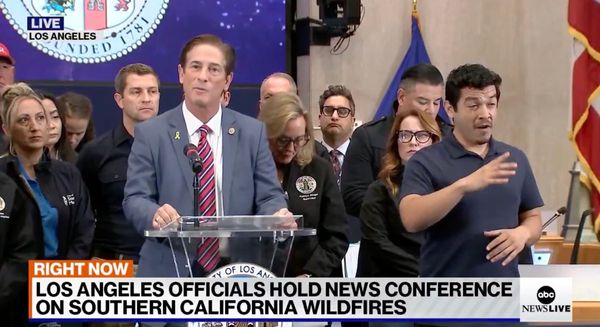
When I was seven or so, I developed an overwhelming fascination – albeit one tinged by a deep fear – with the children’s book, What Do People Do All Day? by Richard Scarry. I was one of those weepy, melancholy kids who other children are dispatched to pick on as though being called up for jury duty. I don’t hold any grudges. It was their duty to tease me – one of my abiding interests at the time was ventriloquism.
I was terrified of being left alone, terrified of the dark, scared of UFOs and, perhaps most trickily, stricken by the existential panic of not knowing what to do with myself. It seemed to me entirely possible that at any time someone was going to take a look at me, realise I had no idea how I was going to spend my days and permanently send me to the naughty corner of life (ie, I’d end up an accountant).
For that reason, the title of Scarry’s book was both a horrifyingly loaded question (“What do you do all day?”) and a soothing promise that if I read the tome, I would understand exactly how I was meant to spend my time. What Do People Do All Day? is more encyclopedia than novel, outlining the lives of the anthropomorphic denizens of Busytown as they work as firefighters, builders, farmers, and – most satisfyingly to me – conduct little errands.
And this was it, I decided: my calling. Not being a firefighter or a farmer. Not to work a job. But to do lots of little jobs. Errands. Tasks. I didn’t want a career, per se. I wanted to do what Scarry’s characters often did: they popped in to say hello to their neighbours; walked to the shopping centre; fixed small items that had been broken; drove to the doctors. And I wanted to do those things with the aplomb and drive that other people brought to their careers as doctors or lawyers. I wanted a use.
This has not changed. In fact, though I have unfortunately had a career, my abiding passion still remains the little job. A perfect life for me is one where I can awake, run through my mental list of tasks – pick up some berries from the store, drop in for tea at a friend’s place, maybe do a painting, fill a pharmacy prescription – and then conduct these tasks at my own pace, as though I am a mouse in a children’s book with a knapsack thrown over my shoulder. This is much better than facing what I actually am, which is a 33-year-old man unlikely to ever own a house.
The beauty of a little job is that it is disconnected from the culture of “career as self-worth and identity” that capitalism thrusts upon us. We are encouraged to think that our careers explain us totally – how often we get asked, “What do you do?” as though that will make us comprehensible to the world. But little jobs are not seen as tied to our souls in this way. Nobody imagines that you are expressing your whole self when you take your car in for a service – which is funny, because actually, you are.
A little job is healing; it allows us to divide the unbearable wash of our days into neat little segments, transforming our lives into oranges that we may peel and eat slice by slice. I am firmly of the opinion that we should all be handed buzzers, like those that tell you your chips are ready at the pub, which will go off randomly once a day and give us a task. I am also of the opinion that such a program would provide me more mental clarity and comfort than I can adequately explain.
I am an avowed socialist – of course I am, an early interest in ventriloquism only leads one way – so what I am advocating for is not the jobs of capitalism. There is no financial remuneration to the little job. But there is spiritual remuneration. These are the little jobs that allow us to express both our independence – when you do a little job, you are in charge, it is up to you, nobody else can go for a stroll and take that broken picture frame in to have its glass replaced – and to remind us of our connection to others. We do little jobs for people, and even when we do them for ourselves, we go out into the world, which is where people live.
Perhaps what draws me to the little job is that its cadence is a replication of the cadence of love. We are not forced to do little jobs, just as we are not forced to love a particular person. We choose to. We love in our own time, in our own way. There is perhaps no greater thrill in life than waking next to the person you love, turning to them, and saying, “What shall we do today?” When we do a little job, we wake up, and we ask ourselves the same question. And the answer, beautifully, in both cases is the same: we will do the things we need to do. That we want to.
• Joseph Earp is a critic, painter and novelist. His book Painting Portraits of Everyone I’ve Ever Dated will be published by Pantera Press in 2025







